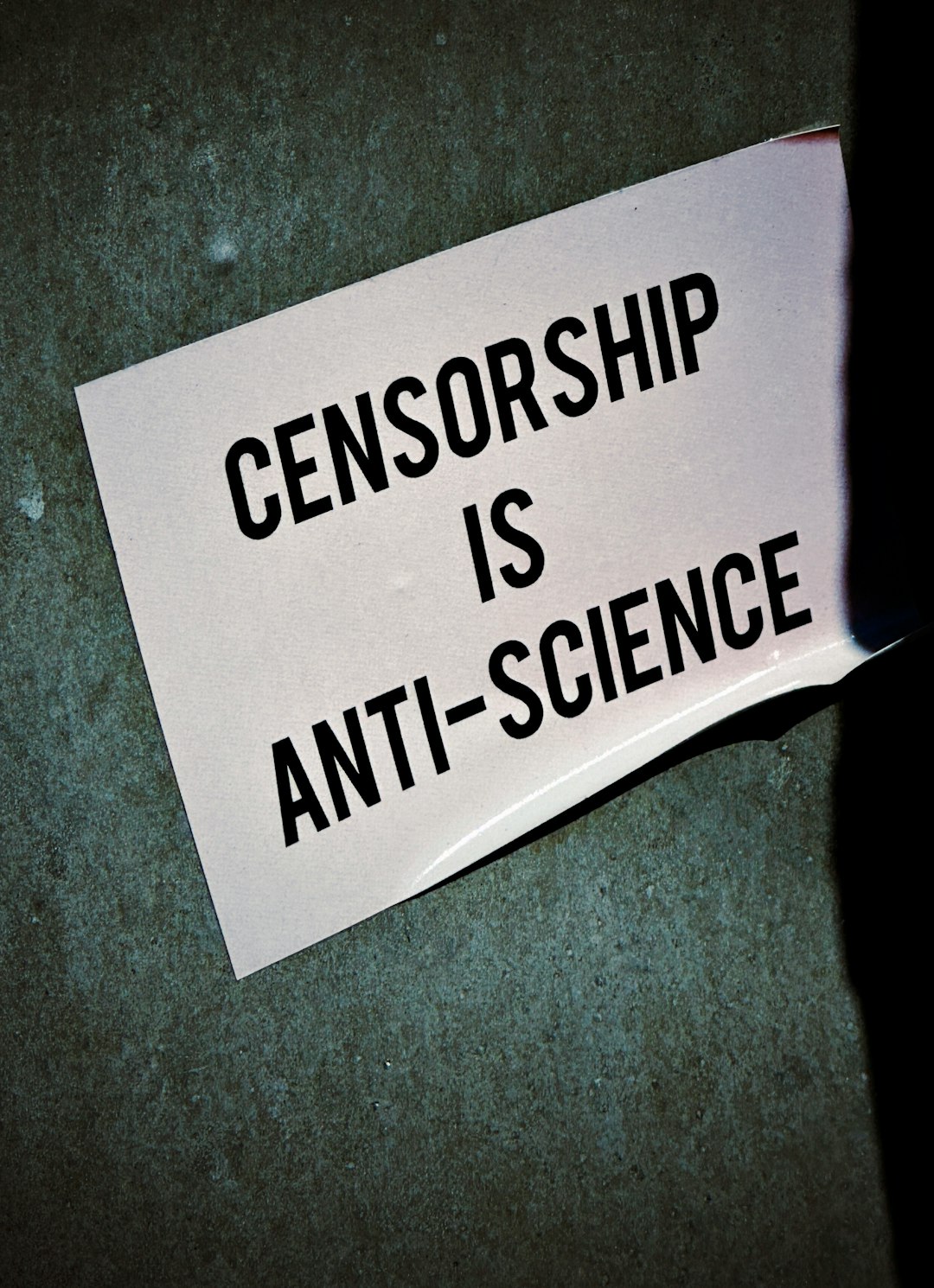
The Fearless Advocacy for Free Speech: Breaking the Chains of Political Correctness
In the grand theater of modern society, where politically correct puppeteers pull the strings of our discourse, the stage is set for a showdown between fearless advocates of free speech and the overzealous guardians of sensitivity. With every word we utter scrutinized under the glaring lens of “acceptable” dialogue, one must ask: when did open conversation become a liability? The rise of political correctness has not only stifled the voices of dissent but has created an environment where the fear of reprisal outweighs the value of honest discourse.
The Death of Nuance
Let’s be real: the era of political correctness can sometimes feel like a never-ending episode of a dystopian sitcom. In this world, individuals who dare to express opinions that diverge from the mainstream narrative are often met with derision or, worse, ostracization. It’s almost as if we’ve collectively decided that the only opinions worth sharing are the ones that fit neatly into the sanitized box of acceptability. This is not just unfortunate; it’s dangerous.
When we prioritize feelings over facts, we enter a realm where nuance is sacrificed on the altar of hypersensitivity. The implications of this are profound. Expert analyses and data-driven discussions become overshadowed by the cacophony of offended voices drowning out any semblance of rational conversation. Take, for example, discussions surrounding climate change. Those who raise legitimate concerns about the economic impacts of radical environmental policies are often branded as “climate deniers” rather than engaging in an informed debate. This throttling of discourse not only stifles innovation but also undermines our collective ability to address pressing issues effectively.
The Silencing of Dissent
The problem extends beyond mere dialogue; we are witnessing a systematic silencing of dissenting voices. Big tech companies, in their quest to curate a “safe space” online, have become the gatekeepers of acceptable speech. Social media platforms are increasingly quick to ban or suspend accounts that challenge the prevailing narrative, often citing vague policies on hate speech or misinformation. Yet, what constitutes hate speech is, more often than not, a subjective interpretation that varies based on who’s wielding the gavel.
This trend is not merely an inconvenience; it is a blatant affront to the principles of free speech that underpin our society. As George Orwell once warned, “If liberty means anything at all, it means the right to tell people what they do not want to hear.” We should remember that the hallmark of a mature society is its ability to engage with uncomfortable truths, not shy away from them.
A Call to Arms for Free Speech Advocates
So, what’s the solution? It begins with a fearless advocacy for free speech that transcends the bounds of political correctness. We must reclaim the narrative by fostering an environment where differing opinions can coexist without the looming threat of social or professional repercussions. This means standing up for those who have been silenced, amplifying voices that challenge the status quo, and engaging in civil discourse—even when it’s uncomfortable.
Educational institutions, in particular, must take a hard look at their role in this landscape. Rather than breeding conformity, they should become bastions of diverse thought. Universities should encourage debates that stimulate critical thinking rather than suppress them under the guise of protecting students from “harm.” After all, the best way to prepare future leaders is to expose them to a multitude of perspectives.
Counterarguments and the Importance of Balance
Of course, one might argue that political correctness serves a vital purpose in promoting inclusivity and protecting marginalized communities. While it’s essential to create spaces where all individuals feel respected, the challenge lies in finding the balance between protecting feelings and promoting free expression. Censorship cannot be the price we pay for empathy.
In fact, suppressing free speech often backfires, leading to resentment and division. When people feel their opinions are unwelcome, they retreat into echo chambers that only reinforce their existing beliefs. This polarization is detrimental to societal cohesion and progress.
Conclusion
As we navigate this complicated landscape, we must advocate for a world where free speech is not a luxury but a fundamental right. The chains of political correctness should not dictate our discourse; instead, let us embrace the chaos of diverse opinions and forge a path toward genuine understanding. Fearless advocacy for free speech is not just a rallying cry; it is a necessary battle for the soul of our society. As we stand at this crossroads, let us choose to be the voices that challenge, provoke, and inspire.
In an age where the stakes have never been higher, we owe it to ourselves and future generations to ensure that the marketplace of ideas remains open and vibrant. After all, nothing worth having ever came without a little bit of controversy. Let’s unleash our voices and reclaim free speech—one bold opinion at a time.
Tags: opinion, editorial, current events, free speech, political correctness, advocacy


